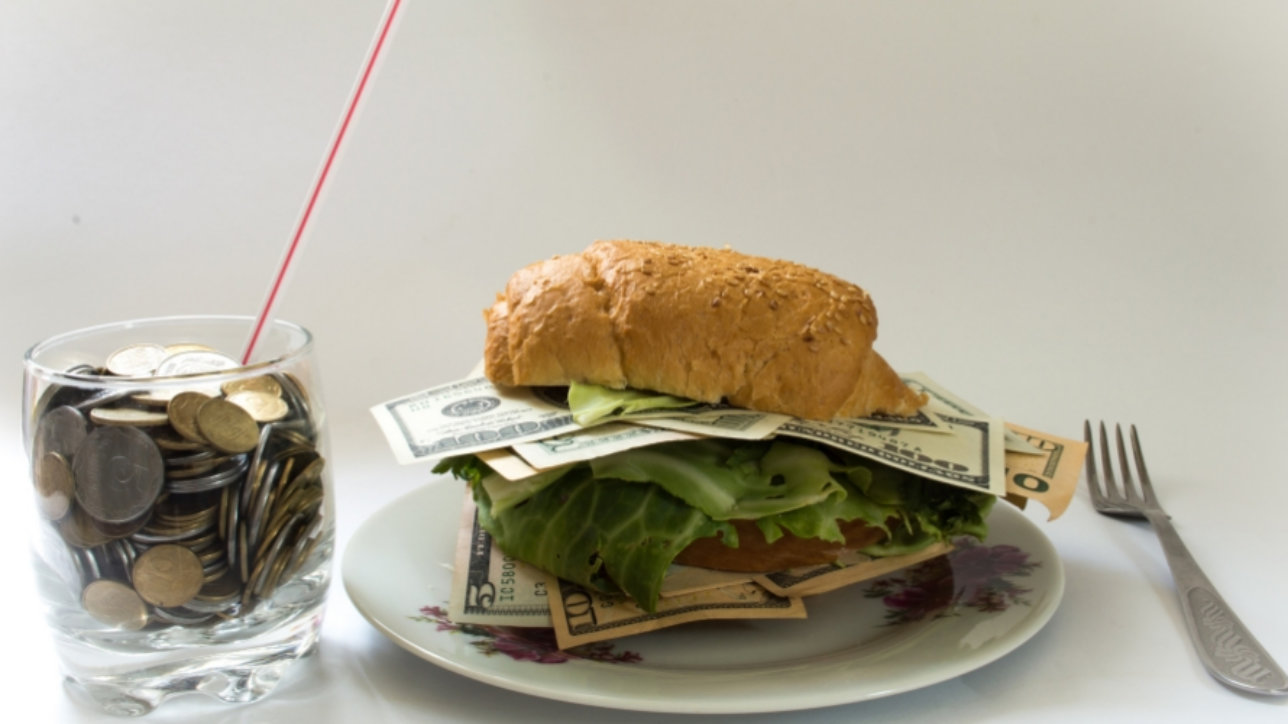Categories
The Rules For GST And Food

Owners of cafes and restaurants, and any businesses that sell or prepare food, need to be aware of when to charge GST. Unfortunately, it is not often a simple yes or no. Navigating the world of food and GST can be like weaving through a maze. A delicious maze, albeit.
According to the ATO, the following foods are GST-free:
- bread and bread rolls without a sweet coating (such as icing) or filling – a glaze is not considered a sweet coating
- cooking ingredients, such as flour, sugar, pre-mixes and cake mixes
- fats and oils for cooking
- unflavoured milk, cream, cheese and eggs
- spices, sauces and condiments
- bottled drinking water
- fruit or vegetable juice (of at least 90% by volume of juice of fruit or vegetables)
- tea and coffee (unless ready-to-drink)
- baby food and infant formula (for children under 12 months of age)
- all meats for human consumption (except prepared meals or savoury snacks)
- fruit, vegetables, fish and soup (fresh, frozen, dried, canned or packaged)
- spreads for bread (such as honey, jam and peanut butter)
- breakfast cereals.
However, this list doesn’t consider all GST rules, and some of the above items may still need to be charged GST.
Consider the following questions:
- Is the food expected to be consumed in the same location it is sold (a restaurant or café)?
- Is the food ready for consumption away from where it is sold (a takeaway meal that is already cooked & heated ready to eat)?
- Is the food marketed as a prepared meal (comes with a knife and fork, has all the ingredients for a complete meal, packaged in a takeaway container or box)?
If you answered yes to the above, then it is likely that you should be charging GST on the food.
The ATO have created an online tool that can help with understanding where GST must be charged. There are also some simplified accounting methods available to small business food retailers that allow you to estimate your GST at the end of each tax period.
If you have any questions, or wish to discuss your eligibility to use the simplified methods, book a consultation with one of our Tax Champions on (03) 8393 1000.
Source: ATO
Emily Kermac, Partner, Paris Financial
